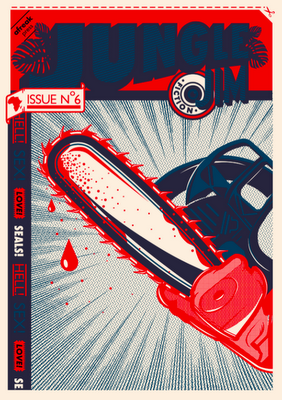Readercon 23 Schedule

I will be at Readercon 23 in a few weeks. It's the one convention I attend every year, and I'm especially excited about this year because the panels are especially interesting, the guest list is awesome, and one of the guests of honor is Peter Straub, whose work I am in awe of and who is among the most delightful people to hear on panels or in interviews or readings or, really, anywhere. (Honestly, if Peter Straub were a train conductor, I'd follow him from car to car. He'd get freaked out and call the police, and I'd get arrested for being a weirdo, but it would be so worth it!) Also, we get to celebrate 50 years of Samuel Delany's work. And we give out the Shirley Jackson Awards ! Before posting my schedule, I wanted to note the Readercon Book Club selections for this year. These are panel discussions of specific books, a "classic" and a recent work of fiction and nonfiction each. This year's are:







